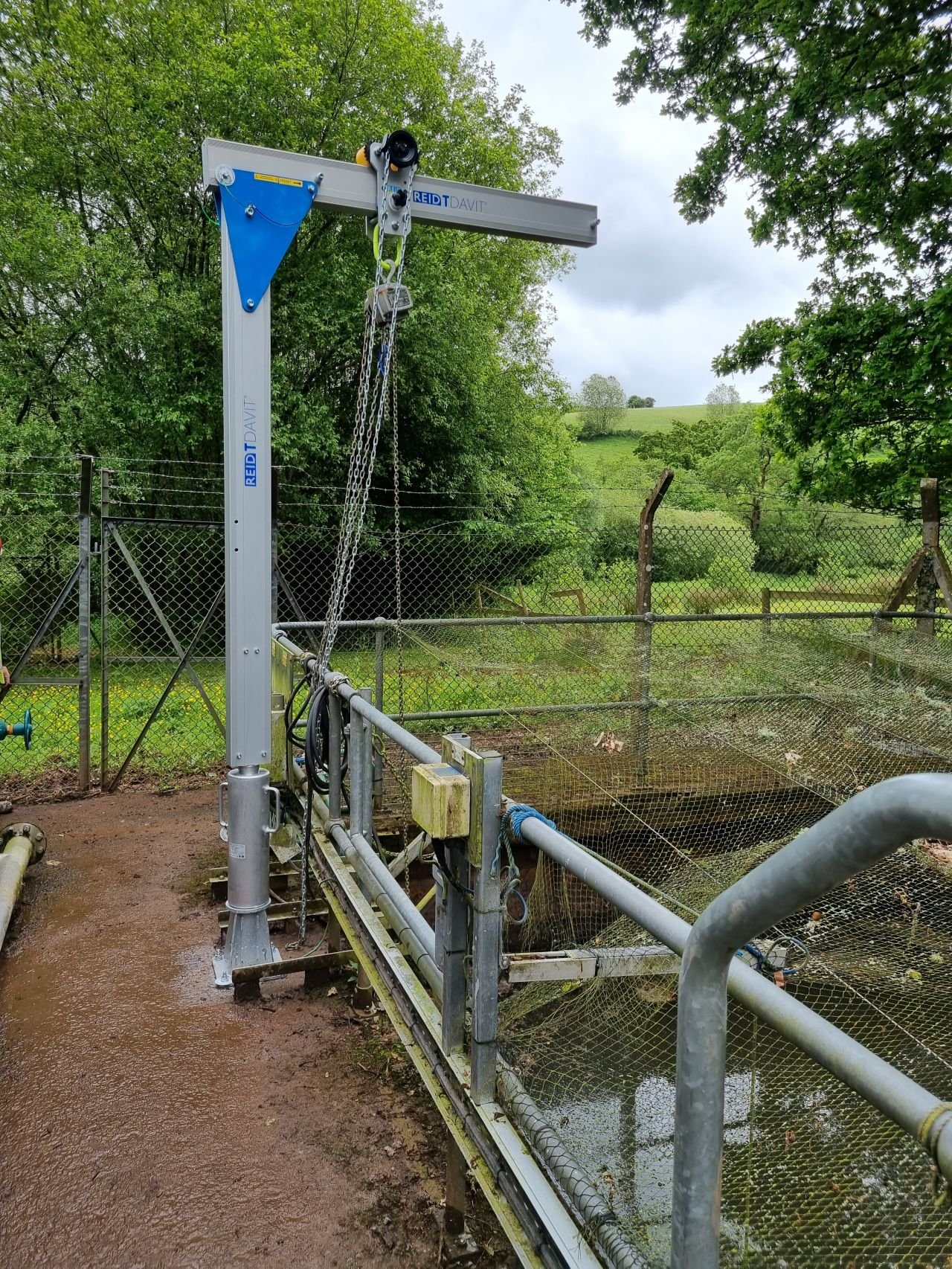Water pumps need regular maintenance to ensure that they continue to work properly. The pumps themselves, electronic controls and associated electrics are constantly in use in a corrosive environment. So, what is pump maintenance, what does it involve and where would it take place? Let’s take a closer look.
What is pump maintenance?
Regular pump maintenance helps to keep a water treatment site working efficiently. Pump maintenance generally involves a mechanical inspection to check:
· All mounting supports are secure
· Mechanical seals are watertight
· Pump flanges are not leaking
· Couplings are tight and secure
· Filters are clean
Pump maintenance may also involve lubricating the pump and the motor, replacing any damaged seals and hoses, and checking any windings for insulation failure. Parts of the pumping system may also require cleaning with any debris which has accumulated being removed.
Where does pump maintenance happen?
Pump maintenance will usually take place at a water treatment site. Depending on where the pump is located, the pump can either be lifted out of a chamber if access is restricted or for general inspections, a pump engineer can be lowered into a confined space to carry out any smaller remedial work and parts replacements.
When working on a water pump, the means of access will also depend on whether the pump is in a dry well or wet well. For dry wells, pumps and valves are located in an easily accessible chamber where an engineer can complete inspections and carry out work on the pump. Wet well or submersible stations have sealed pumps which are fully submersed in the wet well. For wet well pump maintenance, the pump will require removal from the well via a crane and re-installation once maintenance is completed.
REID Porta Davit Quantum and T Davit for water site maintenance
At REID, we have a range of products which can be used to service an entire water and wastewater site. Our Porta Davit Quantum is designed to provide personnel access to confined spaces and has a maximum lifting capacity of 300kg when used for lifting and lowering people. This makes it the perfect choice for accessing water treatment pumps located in dry wells.
Our T Davit is also an excellent device for use in the water and wastewater industry. With a maximum goods lifting capacity of 600kg, it can safely remove most pumps from their chambers for routine maintenance and remedial work. With a 360-degree rotation arc and compatibility with our range of sockets and portable bases, it can be customised to meet almost any site-specific restrictions.
If you’re involved in the water and wastewater industry and you’d like to find out more about any REID lifting equipment, get in touch today. You can call us on 01291 620 796 or contact us online.




